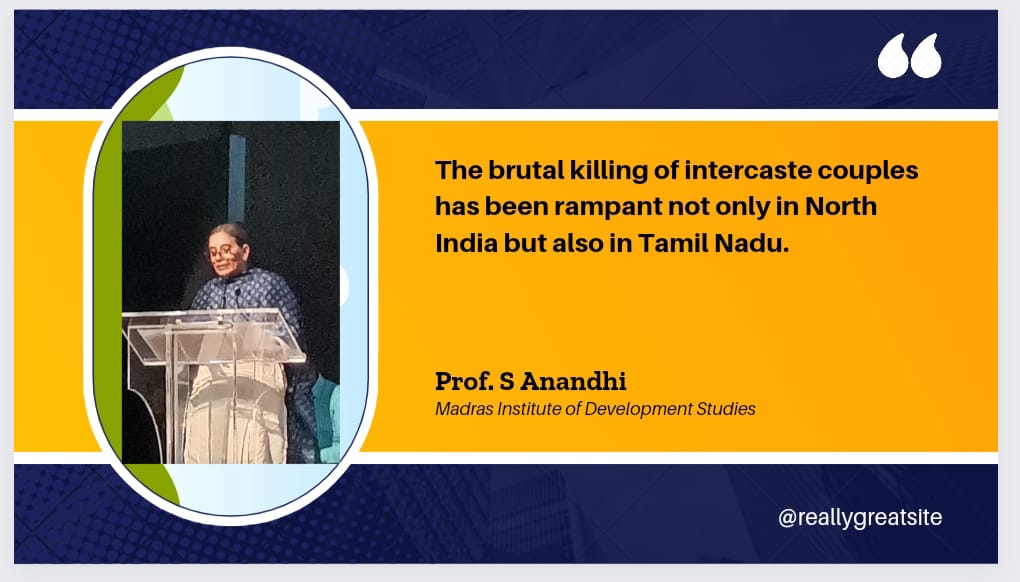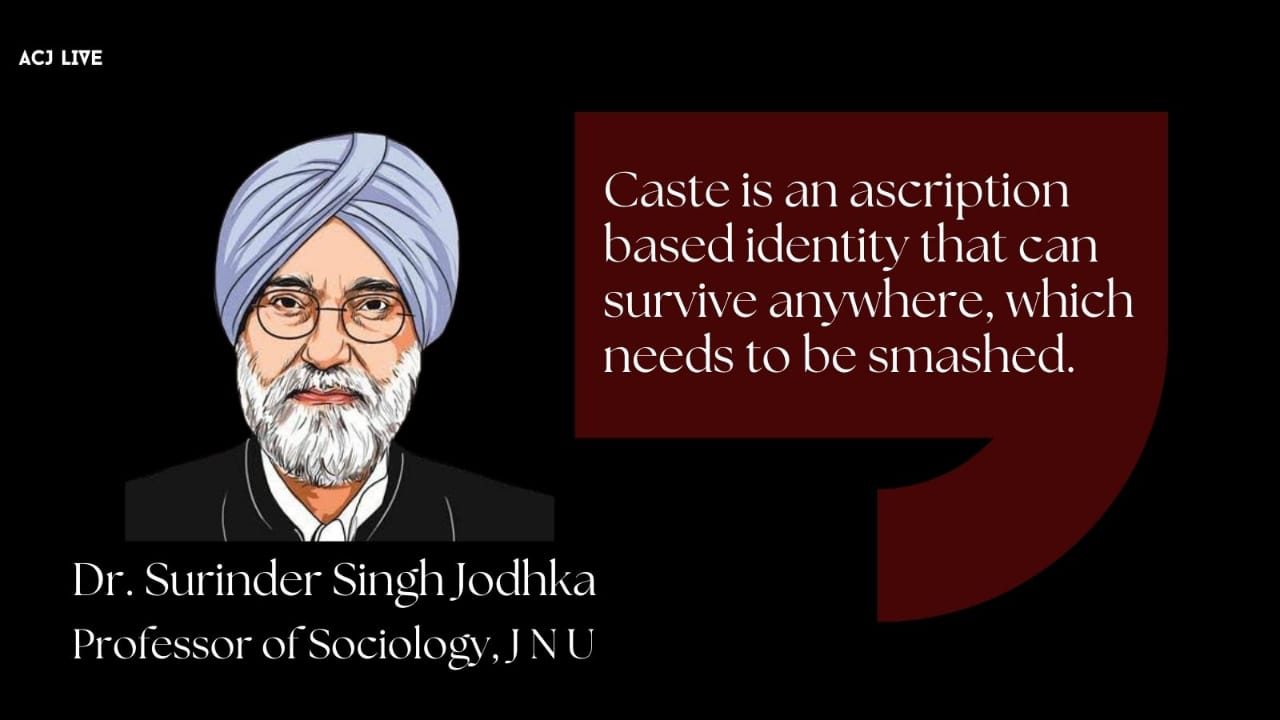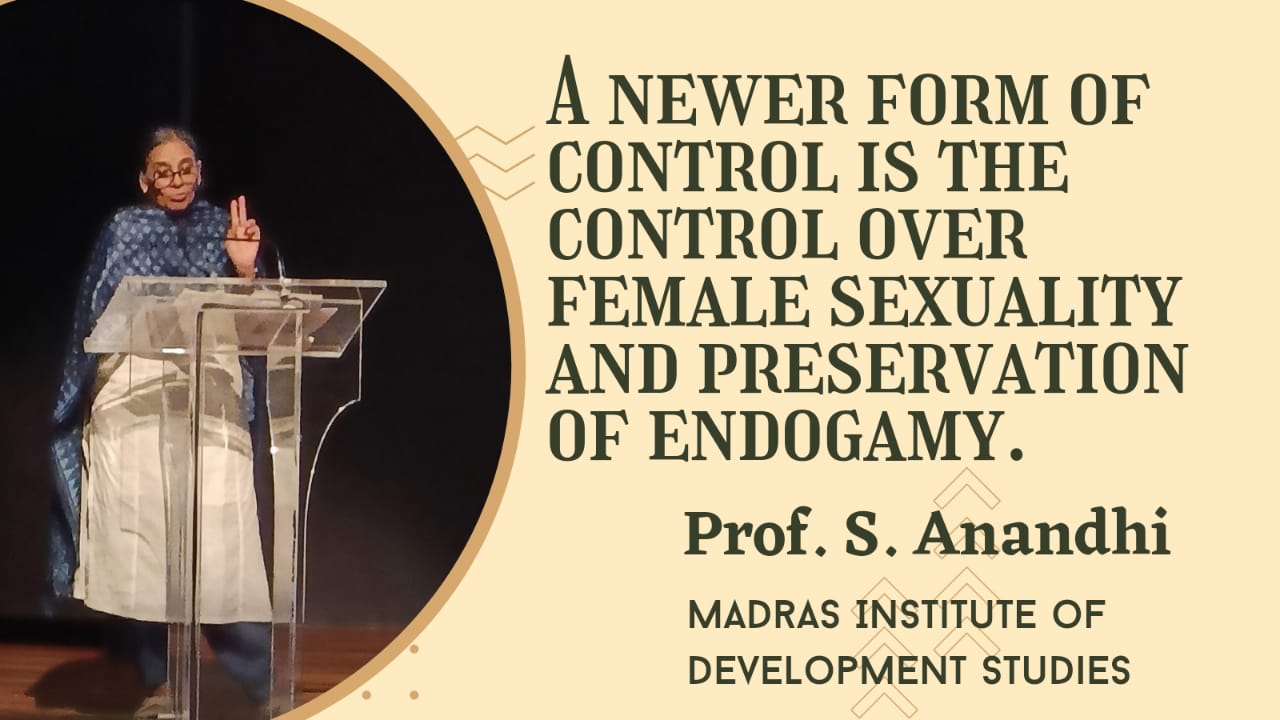Tanushka Dutta
10:55
10:57
10:58
11:05
11:05
11:08
11:09
11:11
11:11
11:16
11:20
11:24
11:28
11:30
Connecting…



